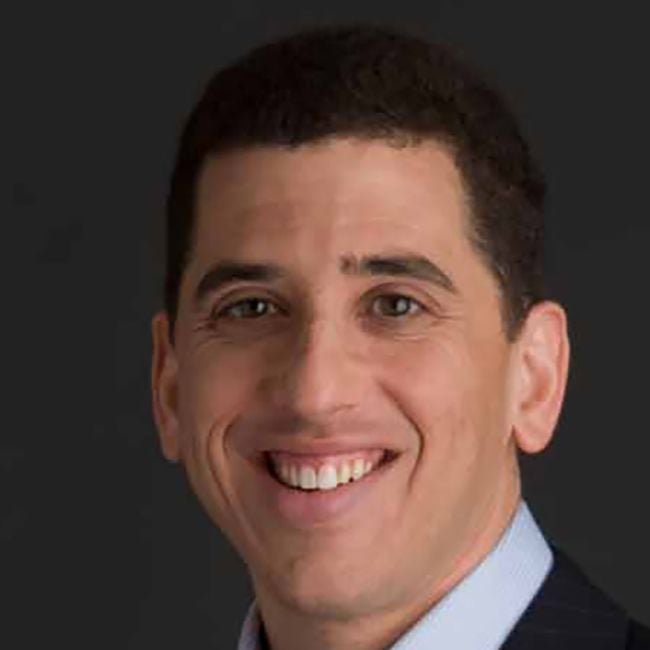
Retailers can, and should, play a major role in our health-care system, especially as it relates to the Food as Medicine movement. We are in the best position to provide access to the nutritious food people need to better manage their health.
Interventions are at the core of this effort—from nutrition hubs and pharmacy services to community involvement. Each of these interventions can transform lives, improve community health, and impact overall well-being.
Retailers are uniquely positioned to make Food as Medicine easy for customers to understand and implement.
A Hub for Nutrient-Rich Choices
The phrase “good nutrition” often brings to mind an endless supply of kale, flax seed, and rice cakes. We know this simply isn’t true. As retailers, we can provide healthier-for-you choices that allow customers to make small changes in their diets, which ultimately will have a long-term impact on their well-being. Better patient outcomes never come from crash diets, restrictive eating, or quick fixes. They come from stable access to healthy, tasty food and the resources to make meals their families will enjoy.
For any retailer or dietitian counseling customers, cultural considerations are also important. Inclusivity is crucial to promoting health across different communities. With this key consideration in mind and working collaboratively across organizations, we can help families see how their food choices impact their overall health.
By bringing together specialized products and services, such as labeling and nutrition rating systems, with pharmacy and clinical services, retailers are uniquely positioned to make Food as Medicine easy for customers to understand and—more importantly—implement in their everyday lives.
Community-Based Pharmacy Integration for Holistic Health
Surveys consistently show pharmacists and nurses rank among the most trusted health-care professionals in America. By providing pharmacy and clinic services in-store, retailers are offering a holistic approach to health. Community-based providers in retail locations bring trusted care to improve outcomes and bend the health-care cost curve. We know our customers and patients want to be healthy, but they do not always have the resources to achieve this goal on their own. We need to empower them to make better nutritional choices through integrated offerings that will benefit their health needs.
When retailers collaborate with like-minded organizations, they create an opportunity to improve health outcomes through nutritious food. Clinical research, such as The Supermarket and Web-based Intervention study, proves this point. The randomized controlled clinical study focused on showing a correlation between increasing diet quality and decreasing cardiovascular risk.
The study, published by Nature Medicine in December 2022, found that in-aisle teaching with a registered dietitian significantly increased adherence to a heart-healthy diet compared to traditional nutrition counseling alone.
Community Engagement for Healthier Lifestyles
The COVID-19 pandemic brought added attention to issues impacting communities for years, including the urgent need to improve equitable access to health care for vulnerable populations and communities of color. During the early days of the pandemic, it quickly became apparent that businesses and invested organizations must work together to achieve these goals.
Retailers are deeply embedded in the communities they serve. The choice of what to feed our families is a personal one—and people across the US feel strongly connected to the places they shop. This connection grew during the pandemic as retailers were one of the few essential companies that kept their doors open to serve the public.
Once a COVID-19 vaccine was approved and available, retailers played a new role—helping to re-open America. Pharmacies across the country deployed their teams to vaccinate the nation. From large-scale vaccine events to in-store appointments, our nation’s pharmacists were key to helping us move out of the initial phase of the pandemic and begin to consider what a new normal would look like. I will be forever grateful to the teams who worked tirelessly to accomplish this goal.
Through healthy and affordable food, integrated health resources, and ongoing engagement, retailers have an important role as community members. We are vital agents in making Food as Medicine accessible to the customers and patients we serve every day. And we cannot do this alone. Together with numerous collaborating organizations, we can facilitate healthier choices, connect customers with the resources they need to understand how to make delicious, better-for-them meals, and ensure nutritious options are accessible to all, improving the health and well-being of our communities.













